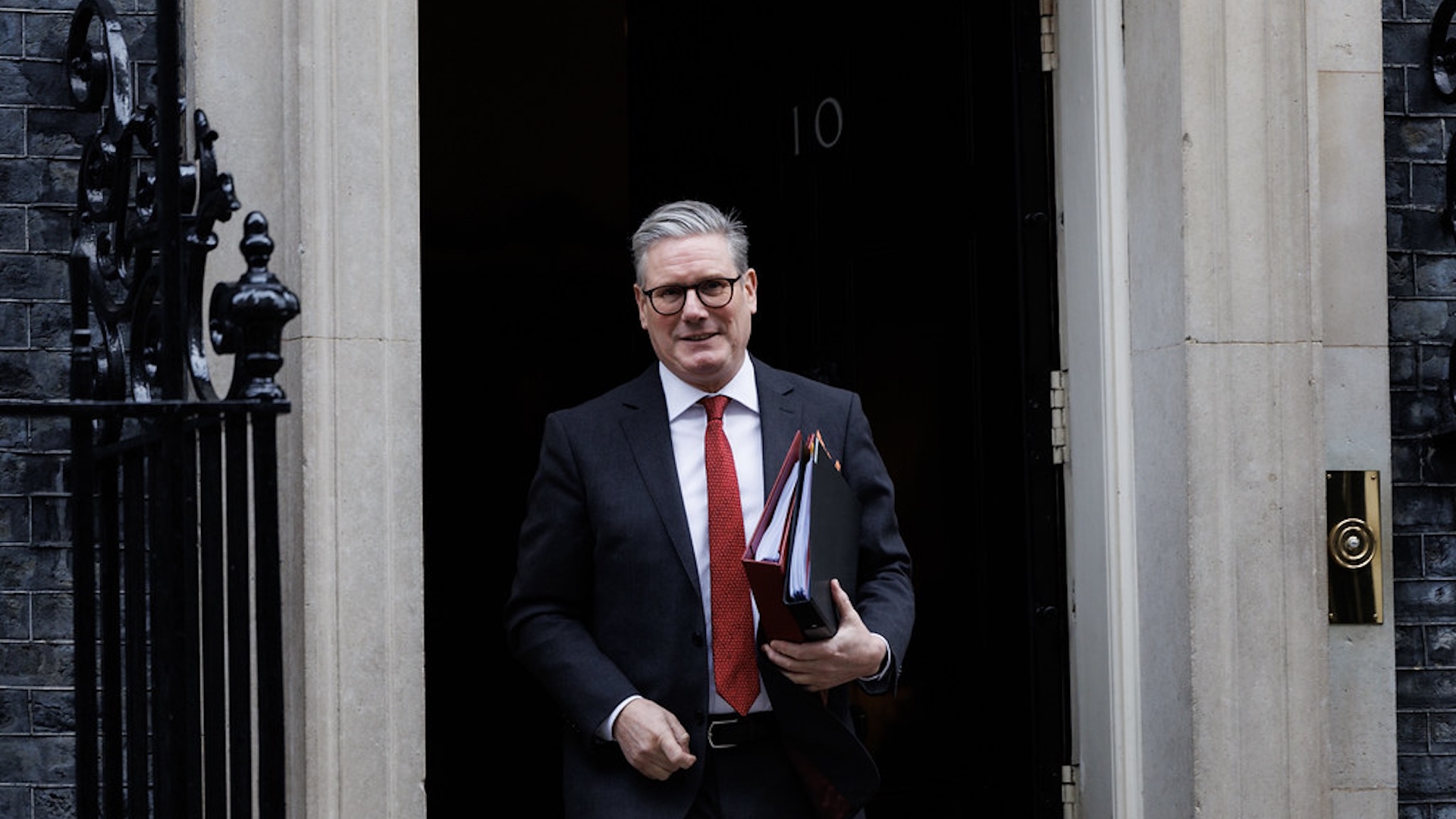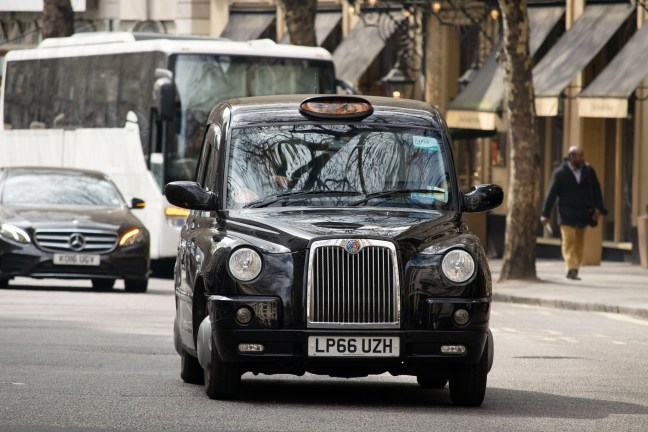That, sadly, is not an exaggeration. Welfare benefits are nothing short of a lifeline for many of the disabled people with complex needs that Sense supports. And far from being too generous, benefits now barely cover the basics after the cost of living crisis saw prices spiral.
Sense’s research has found more than six in ten (61%) disabled people with complex needs who currently receive PIP say they would not be able to cope financially if they no longer received those payments.
And, just as worryingly, more than four in ten (43%) disabled people with complex needs have told us they are already in debt because their welfare payments are not enough to cover the essentials like utility bills and food.
Slashing benefits risks pushing these households into unthinkable poverty. Even freezing PIP next year will hurt disabled people who are already on the financial brink.
Of course, we know there are those who think a financial hit would be the “nudge” that disabled people need to finally encourage them to find jobs.
To spell it out, many disabled people with complex needs cannot work. It’s just not possible for them to do so. What these people and their families need is support for the essentials, not less money.
Advertising helps fund Big Issue’s mission to end poverty
And disabled people who are able to work need financial support too. Many disabled people with complex needs who have jobs tell us they use their PIP payments to offset the additional costs they must pay to keep healthy.
Strip that support away and you risk destroying a disabled person’s ability to keep working.
The same goes for disabled jobseekers with complex needs. There can be so many additional costs, prejudices and barriers to overcome just to access job adverts, apply for work and physically get to an interview, before even starting a job. PIP payments can help level the playing field at least a little.
In short, cutting benefits won’t be the magic key to help disabled people find jobs, all it will do is deepen the struggle.
That is why Sense is urgently calling for the government not to go ahead with these deeply damaging benefits cuts.
If they truly want to help more disabled people into work or to keep working, and support those who cannot work to lead fulfilling lives, providing financial support through welfare benefits – and more of it, not less – is vital.
Advertising helps fund Big Issue’s mission to end poverty
And then the government should urgently take practical steps to help disabled jobseekers overcome the near impossible odds stacked against them. Odds that mean half (50%) of disabled jobseekers with complex needs have told us in polling that they don’t feel they have the support they need to find work.
So the government should swiftly roll out assistive technology in Jobcentres, like screen readers and braille displays. At the moment, disgracefully, not a single Jobcentre offers this. And it should ensure work coaches and disability employment advisors are expertly trained, so they can give expert support tailored to each disabled jobseekers’ individual’s needs.
The government now faces a choice. Ignore this call, slash benefits to make short-term savings, and destroy lives. Or it could do the right thing, help more disabled people into employment and protect the funding needed for disabled people who cannot work, and watch us thrive.
James Watson-O’Neill is chief executive of the national disability charity Sense.
If you are struggling with your mental health, call Samaritans for free on 116 123, email jo@samaritans.org or visit samaritans.org for useful resources and advice on coping.
Do you have a story to tell or opinions to share about this? Get in touch and tell us more. Big Issue exists to give homeless and marginalised people the opportunity to earn an income. To support our work buy a copy of the magazine or get the app from the App Store or Google Play.
Advertising helps fund Big Issue’s mission to end poverty










